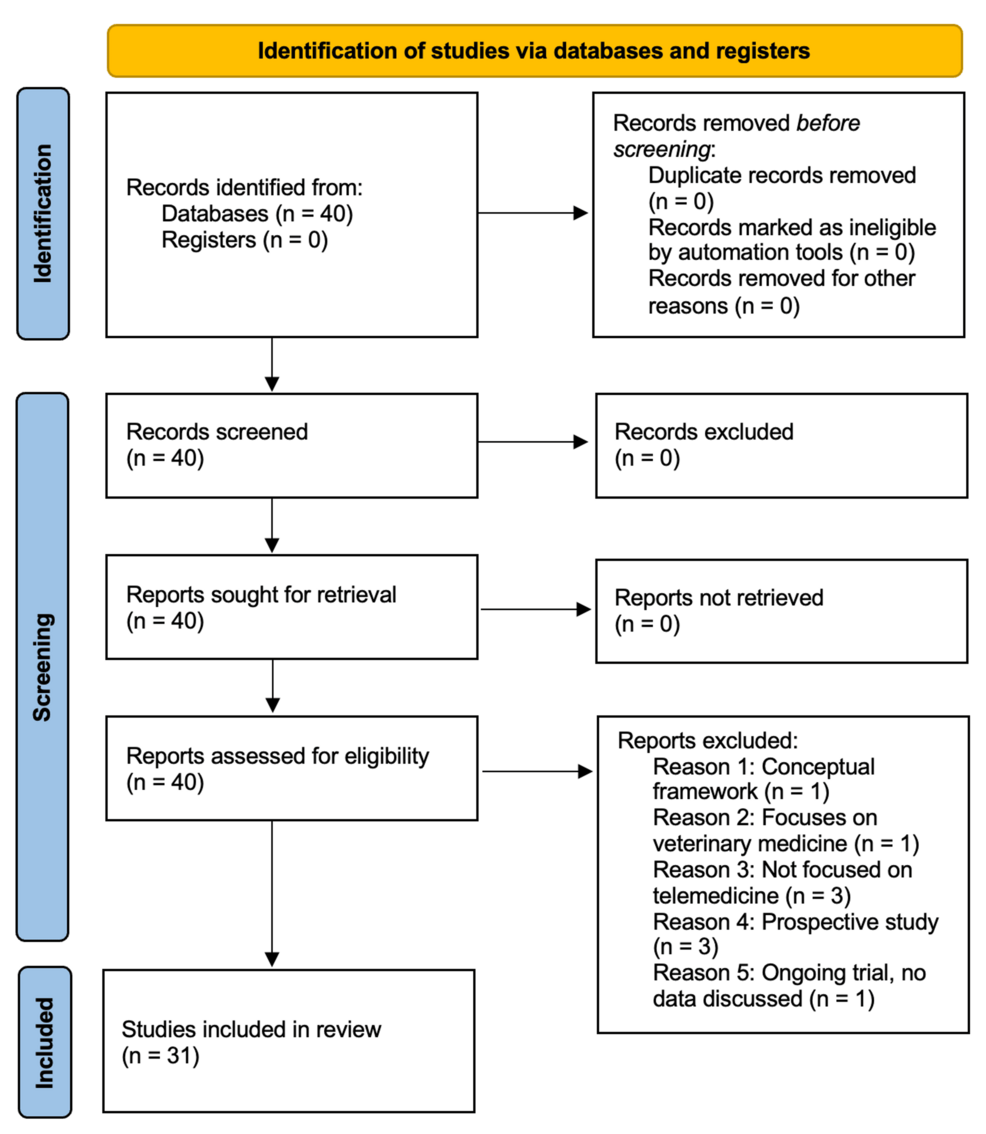AI Revolutionizes Telemedicine
Telemedicine now stands at the forefront of healthcare innovation, offering remote diagnosis, monitoring, and treatment to patients worldwide. As demand for virtual healthcare surges, Artificial Intelligence (AI) emerges as a game-changer. AI empowers telemedicine platforms to analyze vast data quickly, deliver more accurate diagnoses, and personalize patient care. However, rapid adoption also brings several challenges, such as increased clinician workload, inconsistent data, and gaps in technological access among different populations.

Challenges and Future Directions
Integrating AI into telemedicine isn’t without its hurdles. Healthcare providers must address issues like data privacy, security, and clinical validation to ensure safe and ethical AI use. There’s also a need for standardized protocols and training, so both clinicians and patients can trust and use these advanced tools effectively. Looking forward, the future of AI-powered telemedicine lies in bridging technological gaps, ensuring equitable access, and continuously refining AI models with real-world evidence. As technology evolves, AI’s role in telemedicine will only grow, making healthcare more accessible and efficient for everyone.
Sources:
Read the full article on Cureus
















